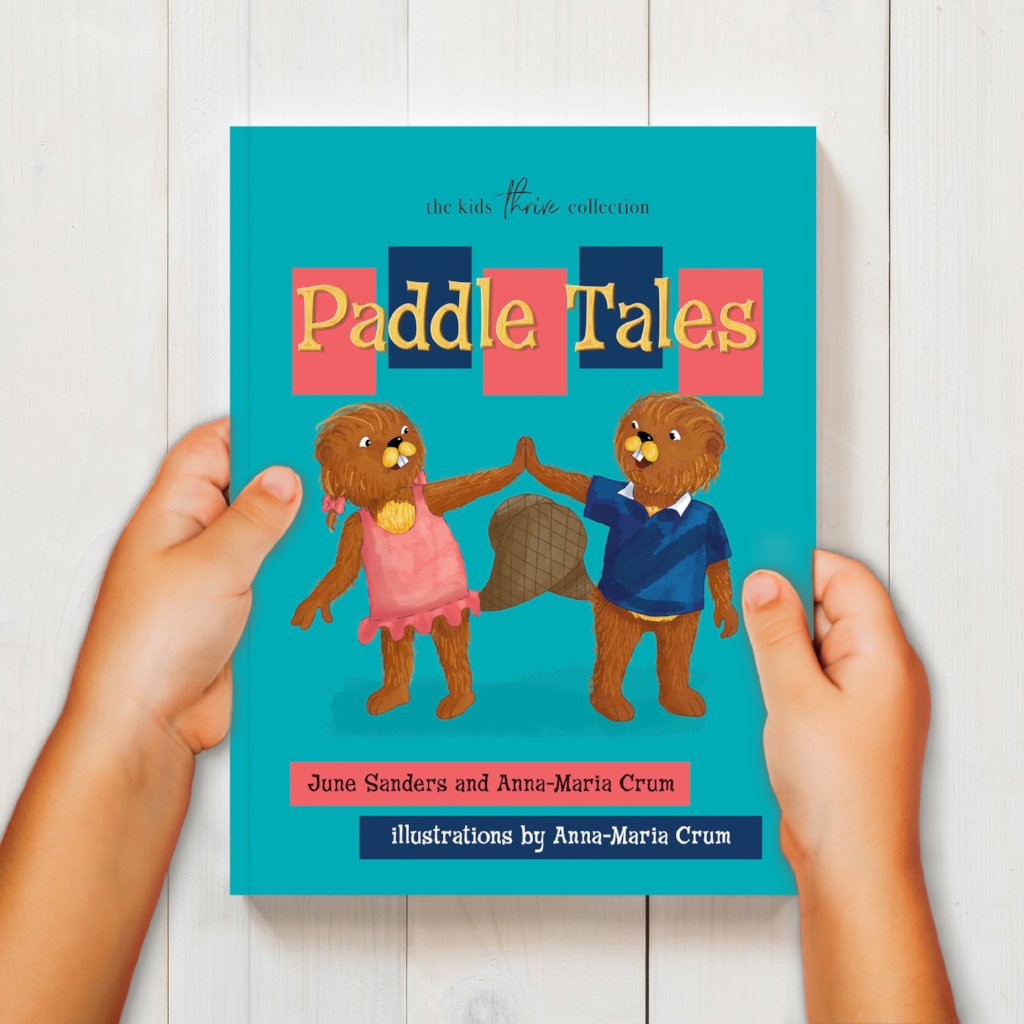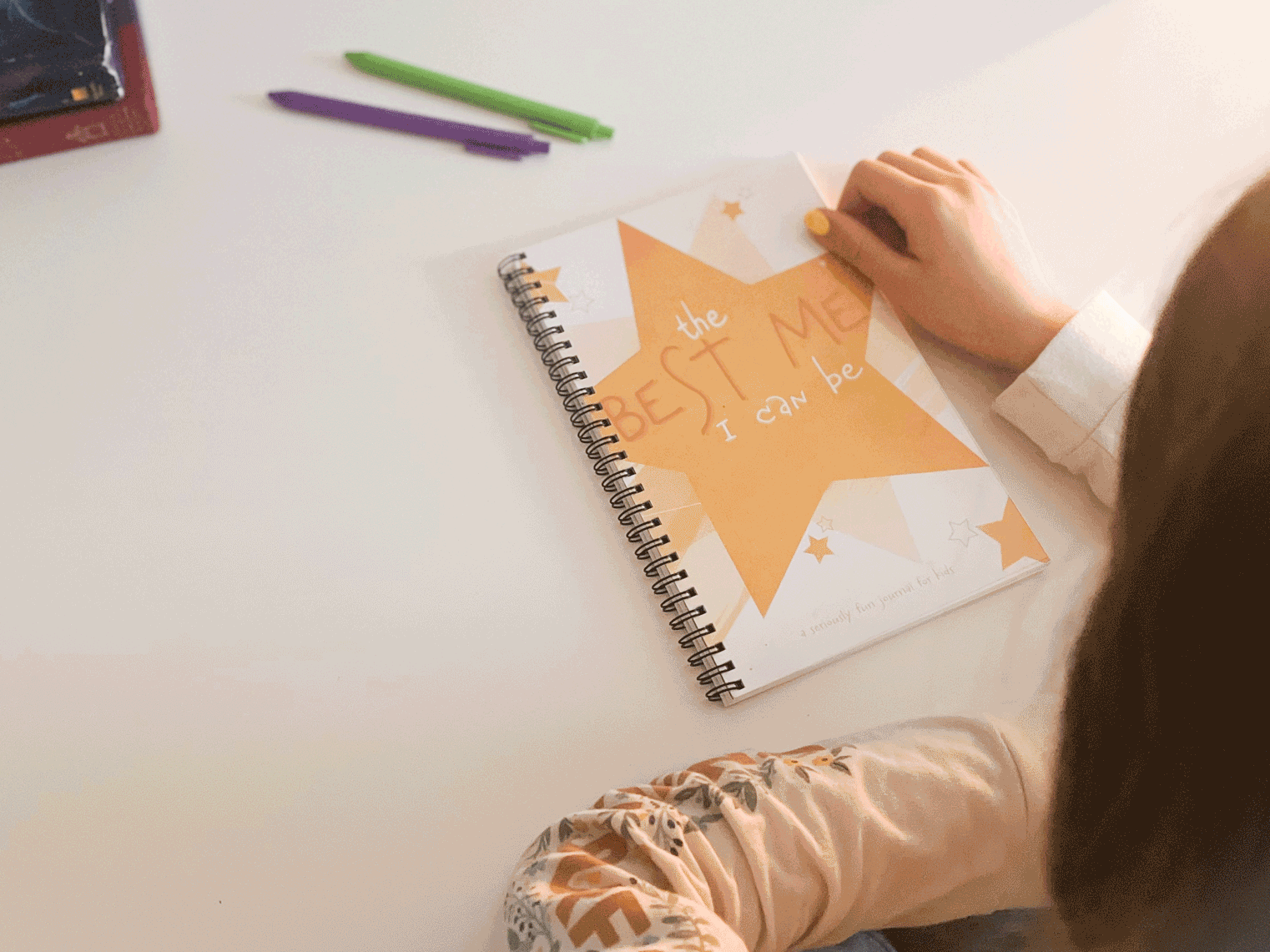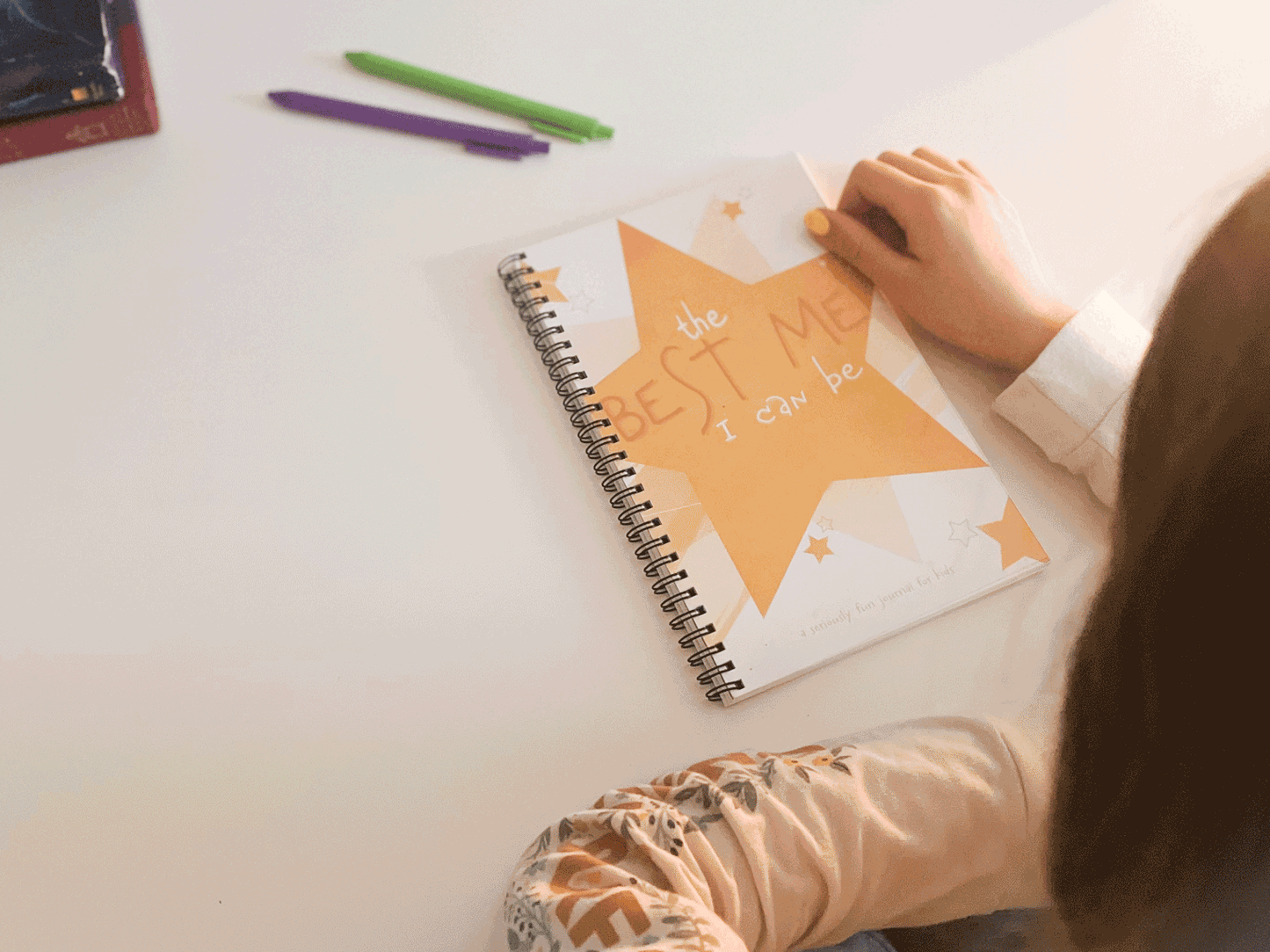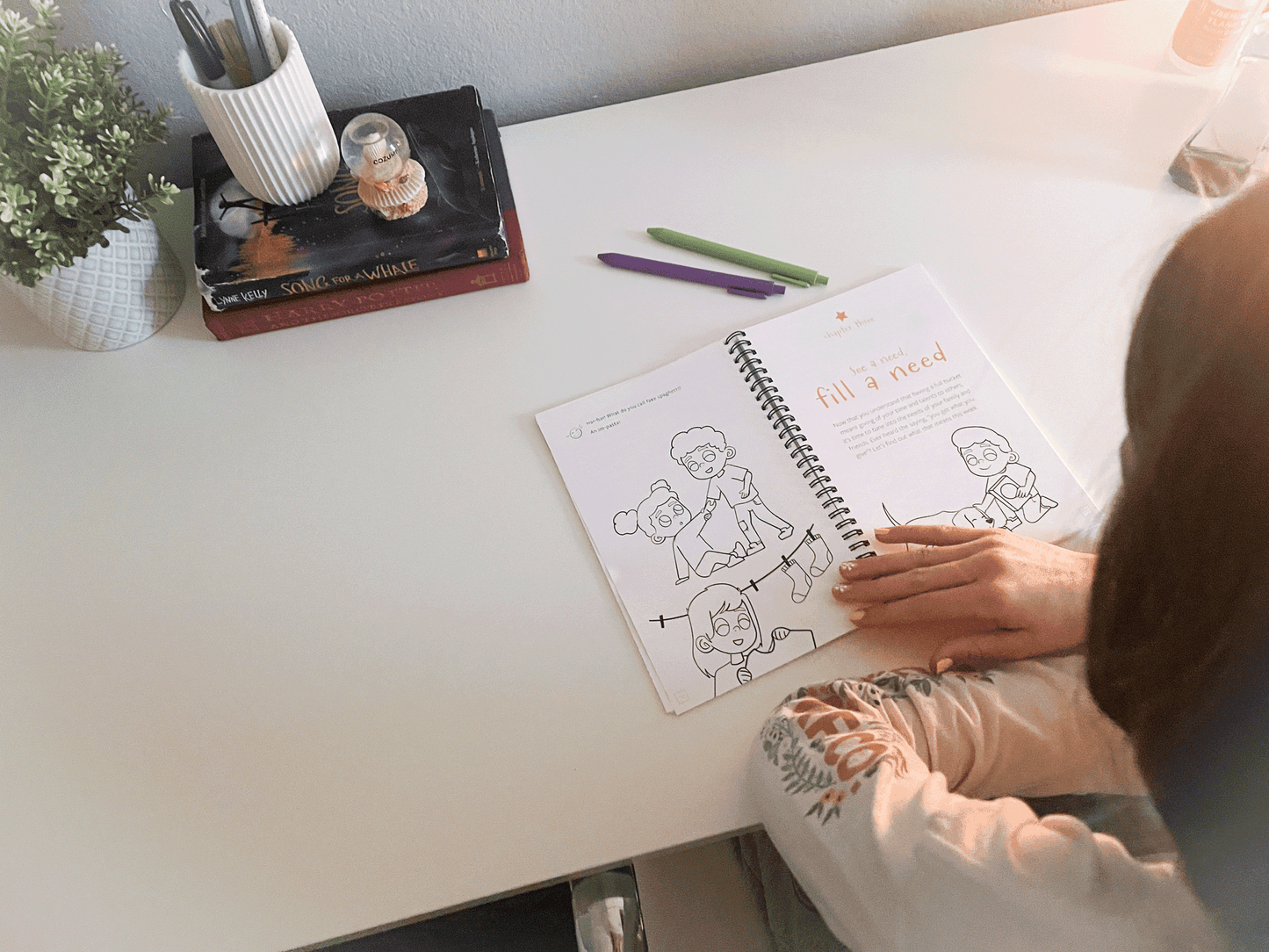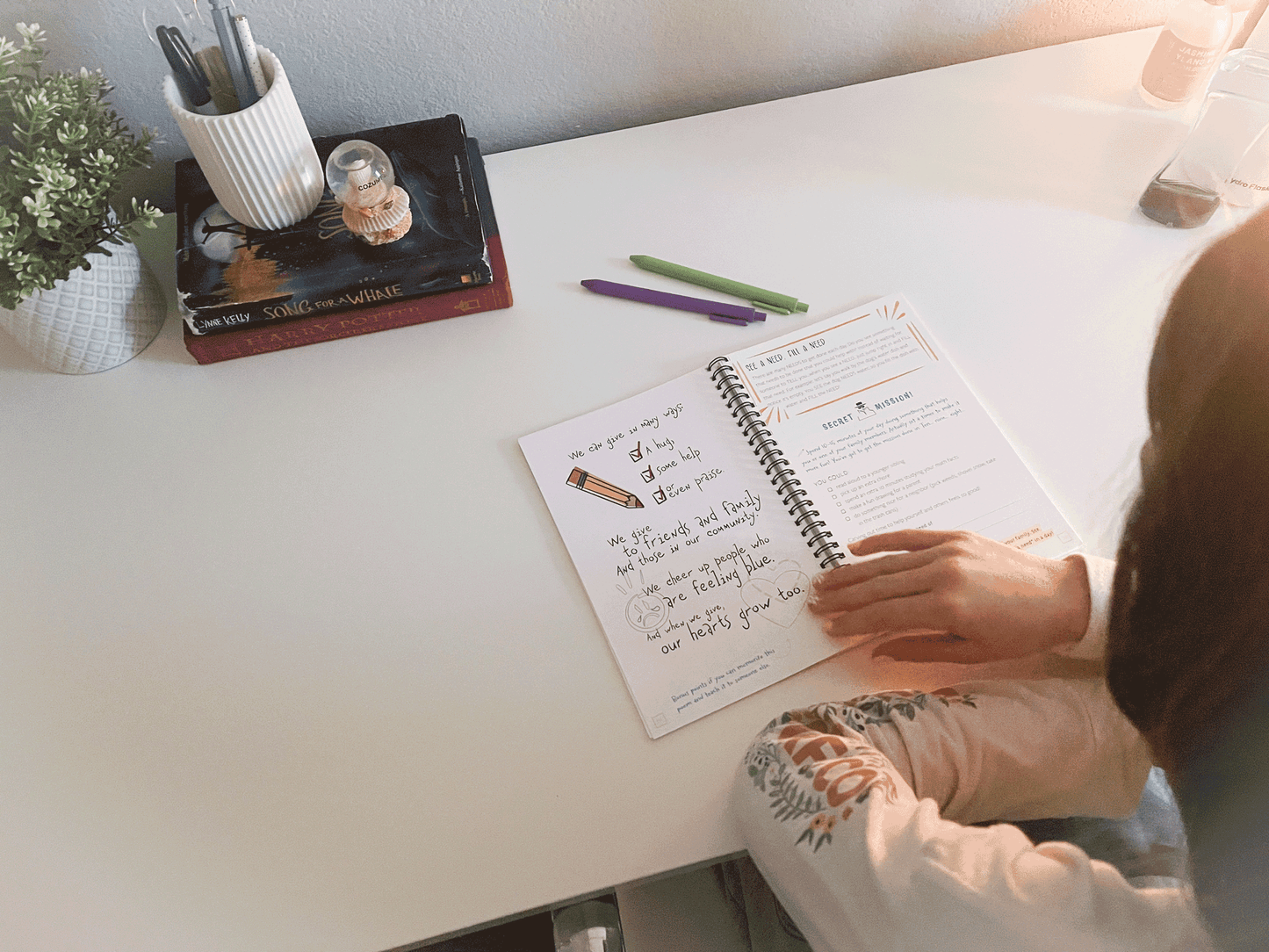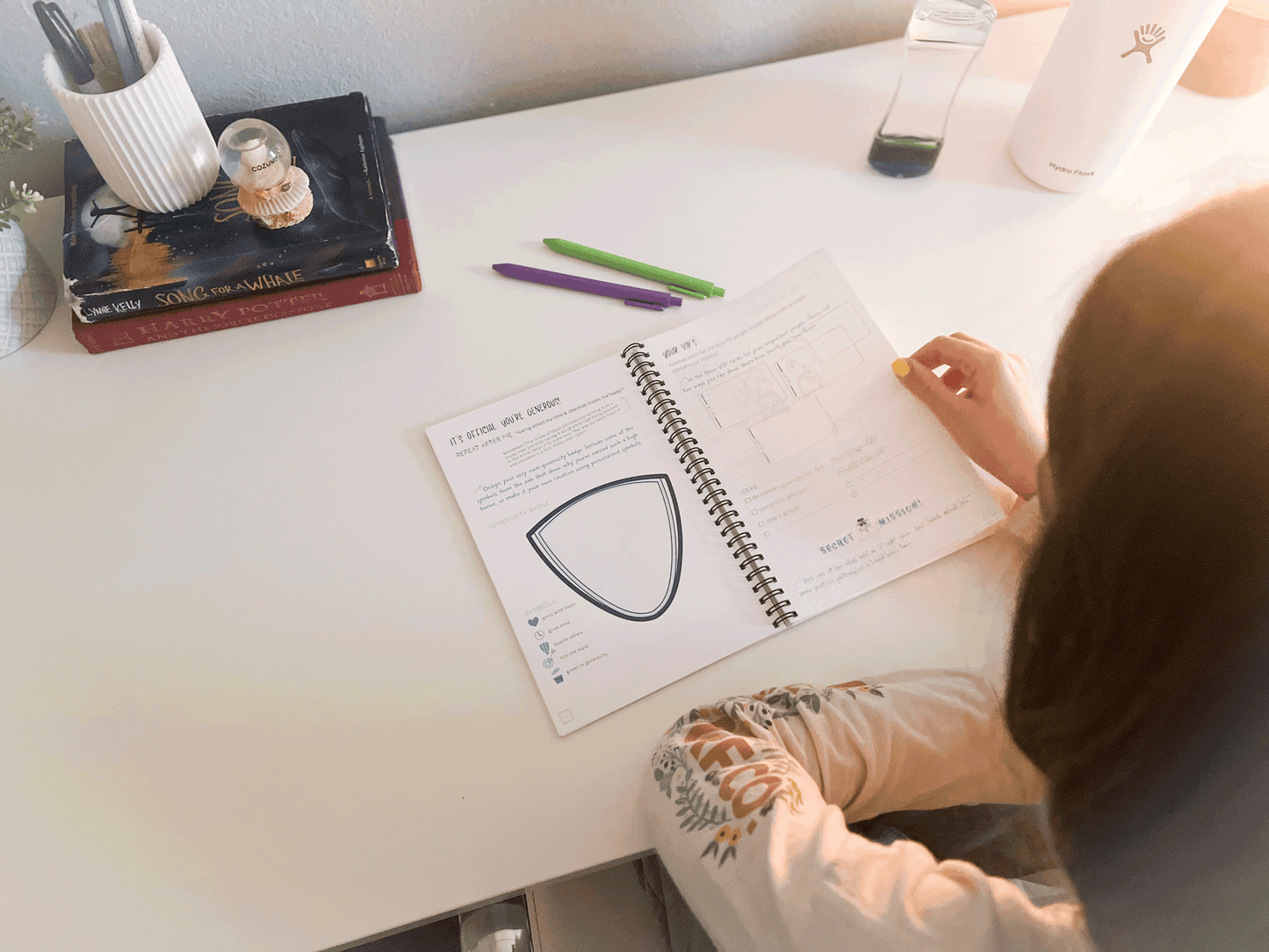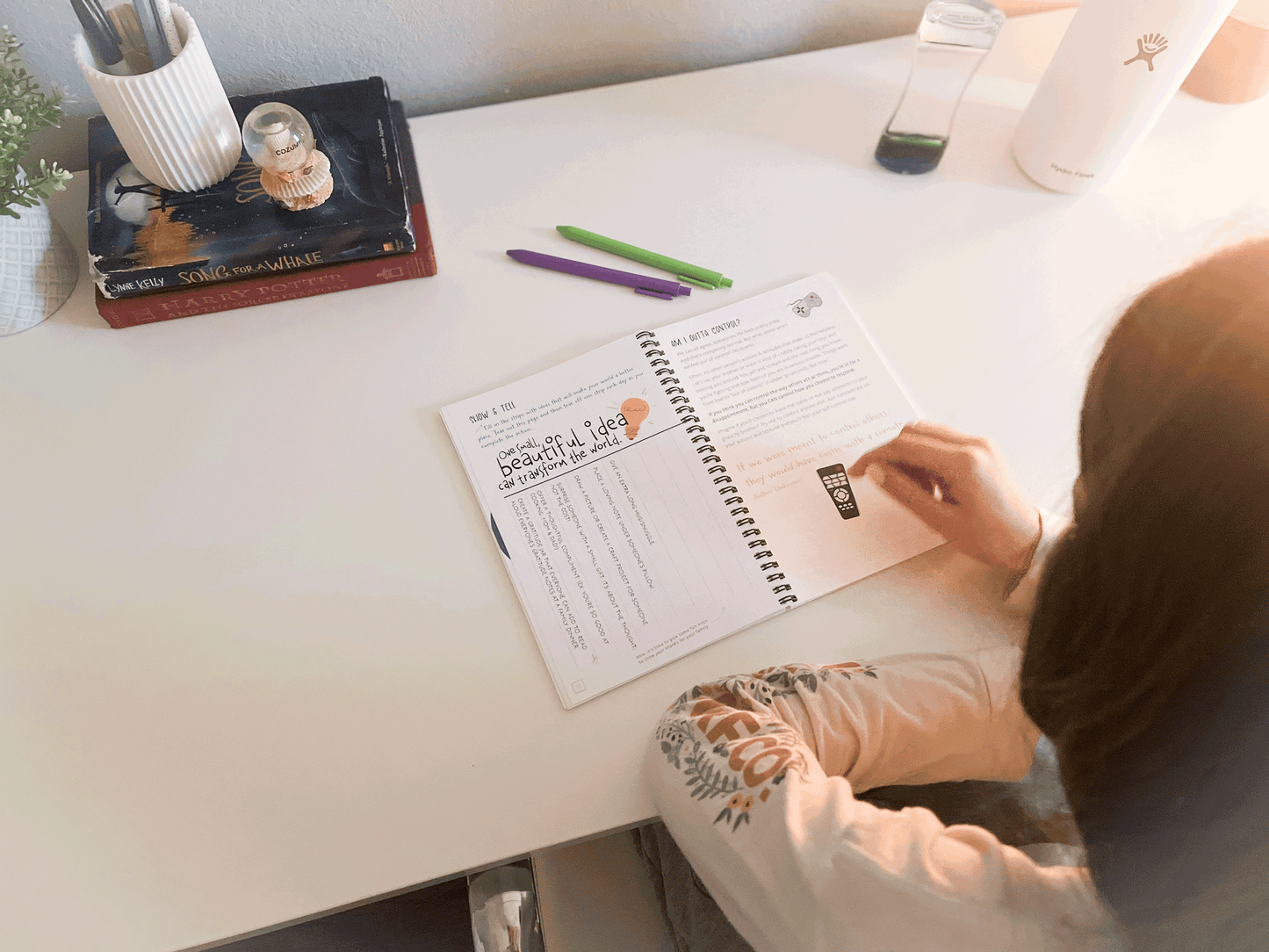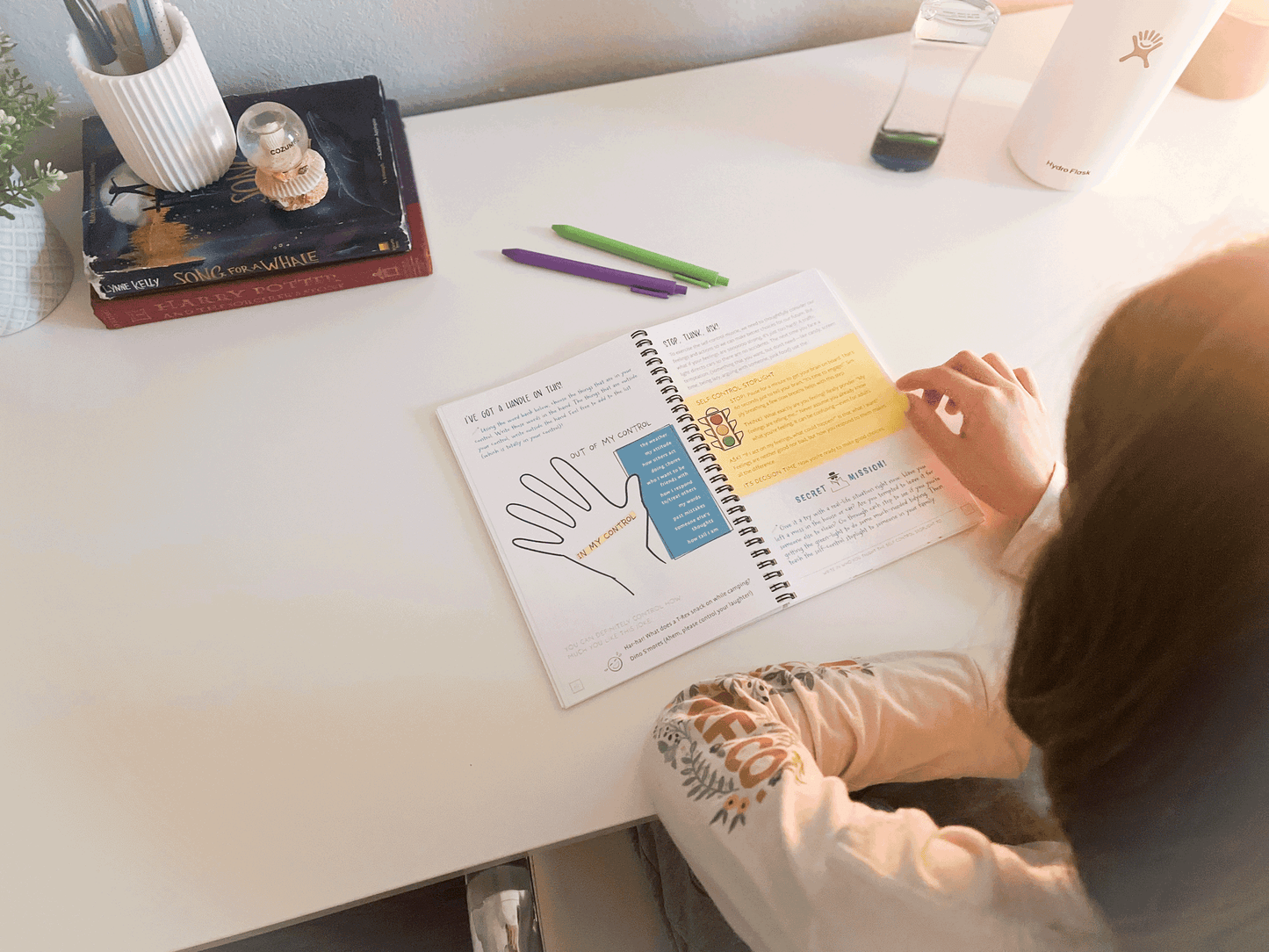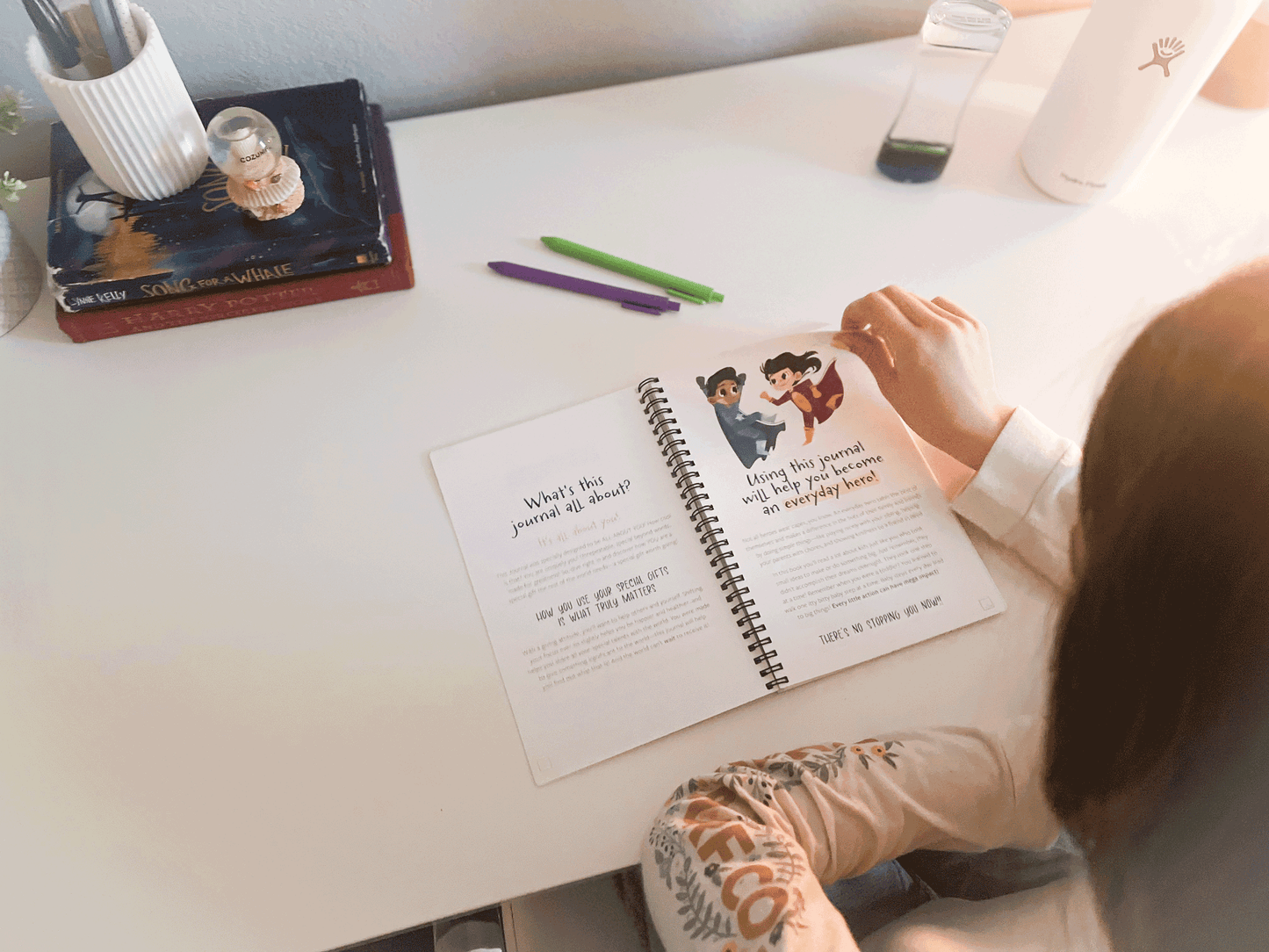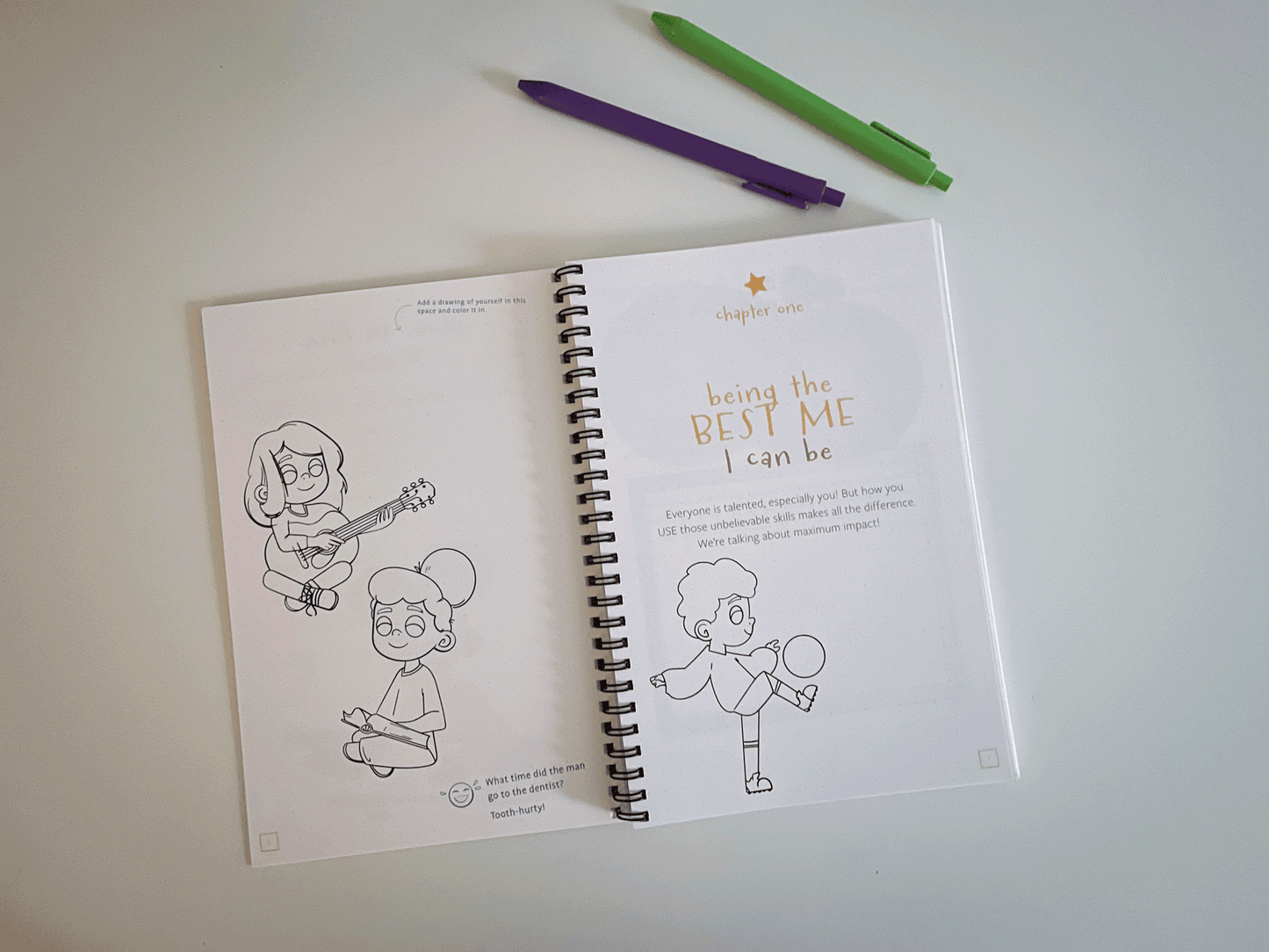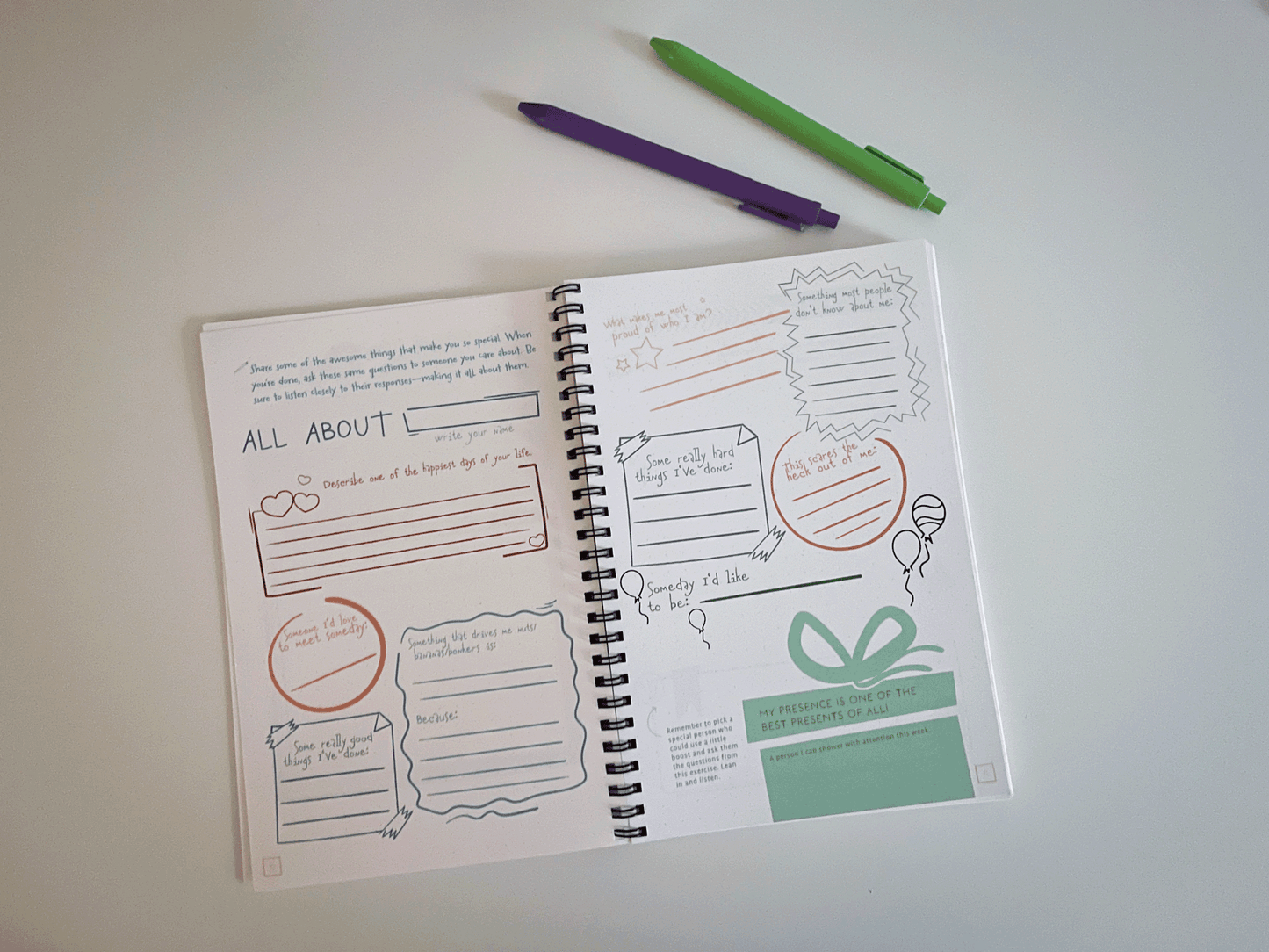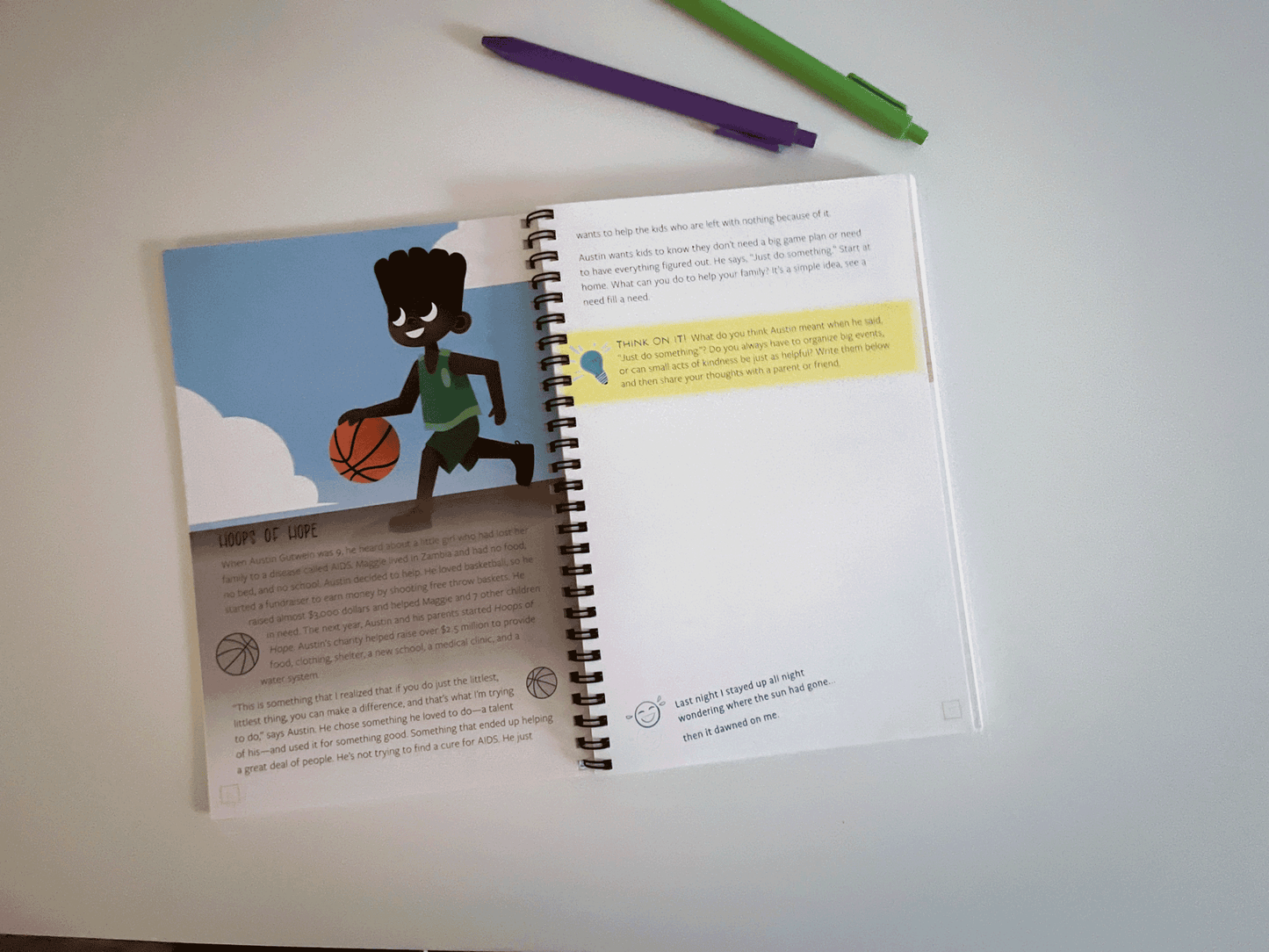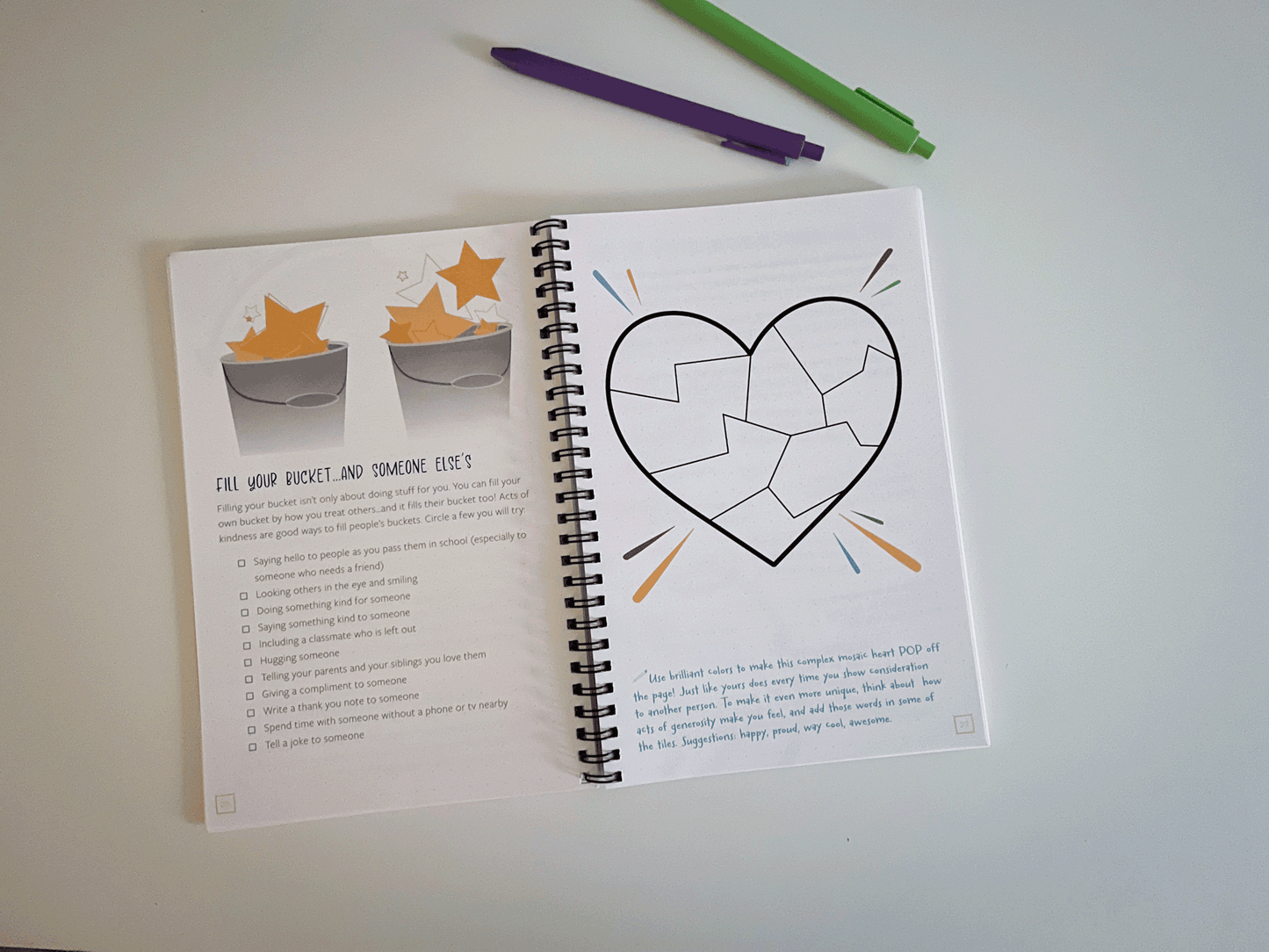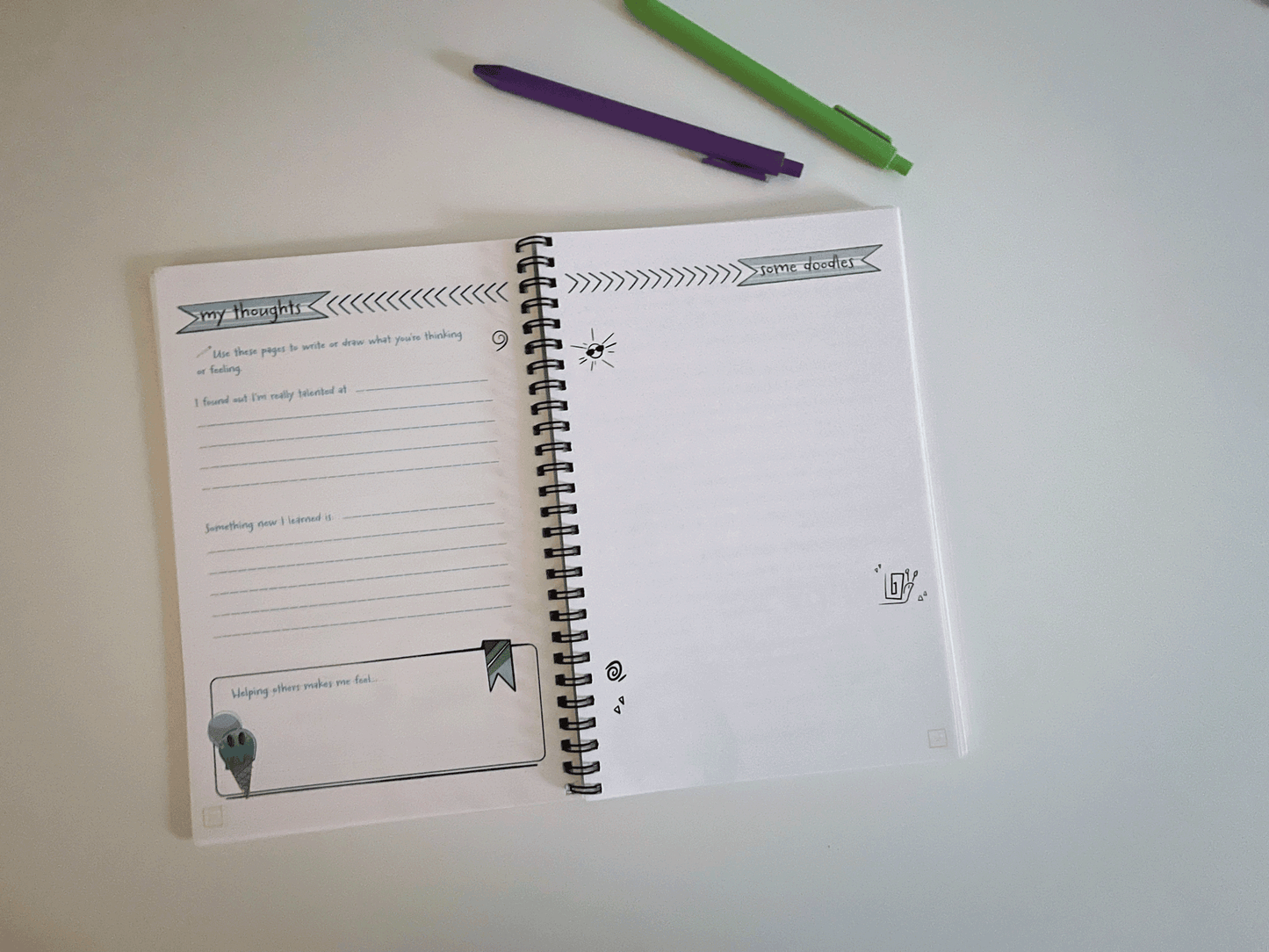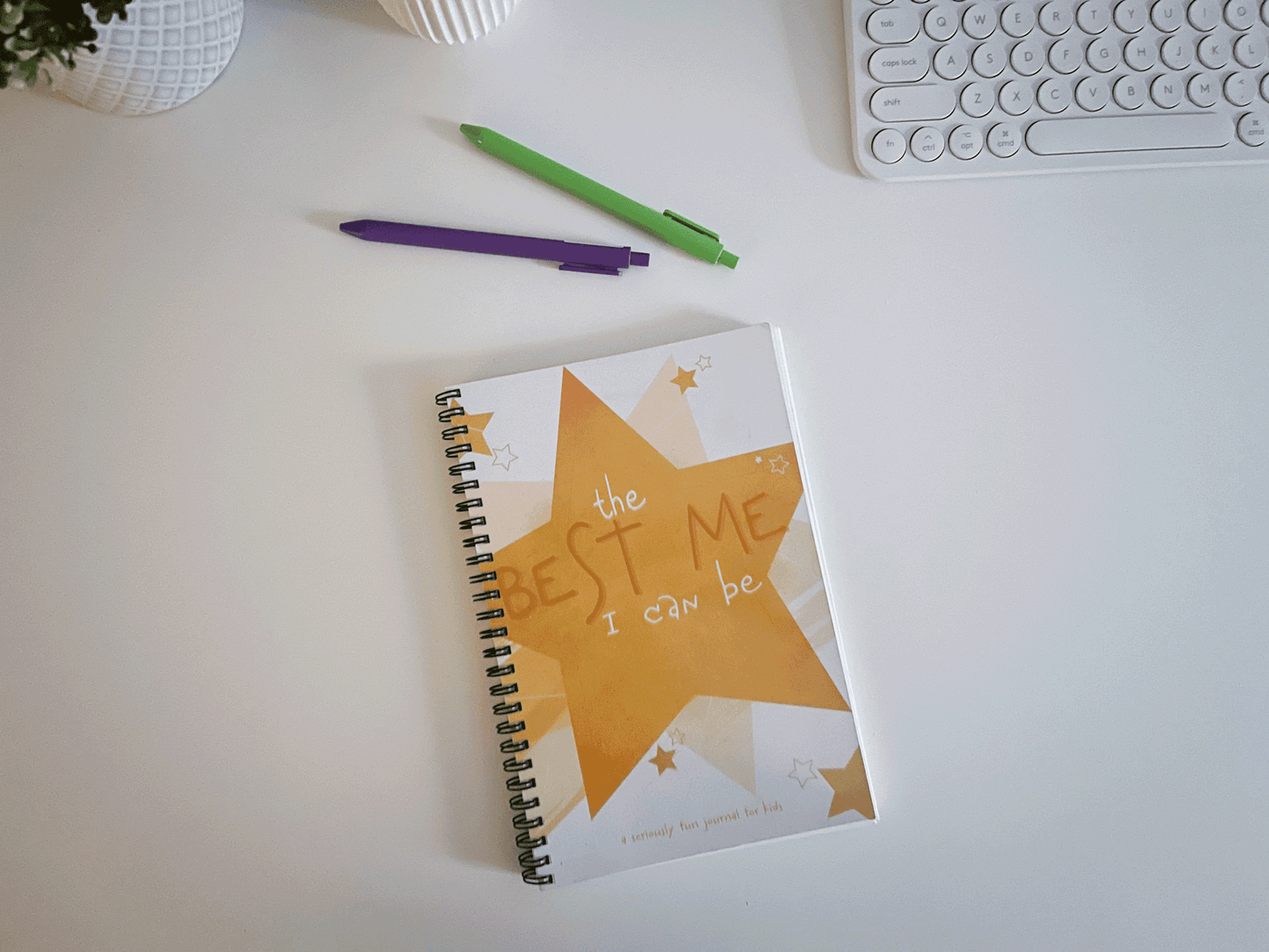4 PHRASES THAT TEACH KIDS TO STAND UP FOR THEMSELVES
Guest Author
As a child, I was timid. I was often putting my own needs last, afraid to burden anyone with my desires, thoughts, presence—let alone anything that required actual work from someone else.
Assertiveness was not my strong suit.
Honestly, I struggle with it still today. My husband still lectures me about telling him what I need.
So, when it came to raising my girls, I knew I didn’t want them to face the same struggle—I didn’t want them to let themselves become doormats, like I had in the past.
When Lily’s teacher told me she never had to worry about Lily standing up for herself with the other children, I was over the moon. We were setting her up to be bolder than I was. And it was easier than I thought. In fact, it was almost on accident!
I started with my oldest, Lily, almost as soon as she could talk, and I started simply.
We began with a key phrase—in our case, “no, thank you”—and taught her how to use it. Whenever we were playing a rough-and-tumble game or purposefully pushing buttons, we’d watch for her reaction to change. And, when she was visibly upset, we’d give her the words: “say, ‘no, thank you, daddy!’”
After lots of practice, she began to use the phrase on her own. And we made it a point to stop whatever we were doing every time she said it.
As she grew into the words and their meaning, as she began to understand why and when she should let us know to stop, we had incorporated a couple more phrases, so she could always have the words she needed, and it became second nature to her.
She’s learned when too much really is too much, and we all respect those phrases in our house.
Her comprehension of the concept, from there, leaked into interactions with her peers—something I hadn’t intended, but was delighted to discover!
Here are the phrases we’ve taught our toddlers, and why:
-
“No, thank you.” The precise, universal “no” is combined with a respectful “thank you,” to give weight to the phrase. When you hear a toddler tell you, “no, thank you,” it’s hard not to respect it. This is the first we used and was so easy for teaching our toddler how to stand up for herself!
-
“Too much.” This short, simple phrase is easier to teach when the child has learned what it means to have too much of an action or thing. It’s easy for little ones to say and easy for them to throw inflection behind it!
-
“I don’t like that.” This phrase is very obvious. If you hear a toddler tell you they specifically don’t like something, you listen.
-
“Use nice touches/hands.” This is another simple phrase we used from infancy, but one that carries over into toddlerhood perfectly. It’s a statement using positive words, instead of the (usually ignored) “no hitting,” and one that is easy for little ones to say—even to one another!
I have caught my daughter using all of these phrases, and more, so many times I couldn’t possibly remember them all. She tells me, my husband, her sister, her friends, children at school, children at the playground—anyone!
In trying to give my daughter a way to communicate with her parents, we have inadvertently taught her how to stand up for herself.
Through simply teaching her what it looks like to respect someone else’s wishes and discomforts, we’ve managed to teach her how to demand respect from others, as well.
And that skill, to me, is incredible.
